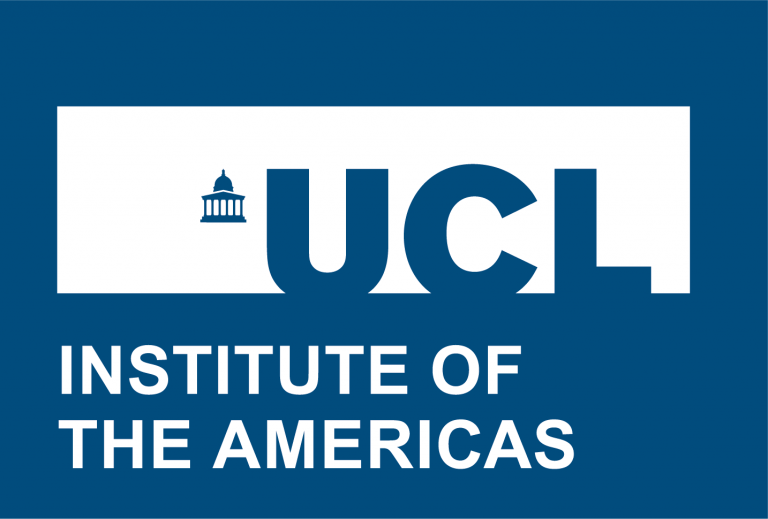A Framework for Access to Justice: Litigating SOGI Rights in ‘Hostile’ Climates
12 March 2019, 5:30 pm–7:30 pm

A Framework for Access to Justice: Litigating SOGI Rights in ‘Hostile’ Climates From Latin America to Cameroon
This event is free.
Event Information
Open to
- All
Availability
- Yes
Cost
- Free
Organiser
-
Daisy Voake
Location
-
Room 105Institute of the AmericasRoom 105, 51 Gordon SquareLondonWC1H 0PNUnited Kingdom
Litigating SOGI (sexual orientation and gender identity) rights has become a global practice in recent decades. From Ushuaia, Argentina’s most southern city, to Belize, Cameroon and India, legal and social activists are frequently joining forces with the aim of using legal challenges to effect varying degrees of legal, political and social change. This paper creates a framework for access to justice for those seeking to undertake legal action in contexts where political, and also legal, opportunities are limited. Drawing on the term ‘hostile’ to describe environments where the commonality of prohibitive factors to engage in both political and legal activism prevails, it examines how political and legal opportunities intersect through legal mobilization initiatives, albeit, tentative ones. Using an actor-based model, it explores how the restrictive and facilitative factors relate to both opportunity structures.
About the Speaker
Penny Miles
at University of Bath
Penny Miles holds a PhD from Cardiff University and Masters degrees from the Institute of Latin American Studies, University of London and Cardiff University, and she currently teaches Latin American politics at the University of Bath. She has worked as a consultant researcher in human rights at the Universidad Diego Portales, Chile and her work explores gender and SOGI issues through the intersections of politics, law and sociology. She is particularly interested in patterns and practice of inclusion and exclusion on the basis of sexual orientation and gender identity within institutional contexts. Her work has primarily focused on political and judicial institutions, though her interests have recently started to address the topic of gender in the world of football.
 Close
Close

